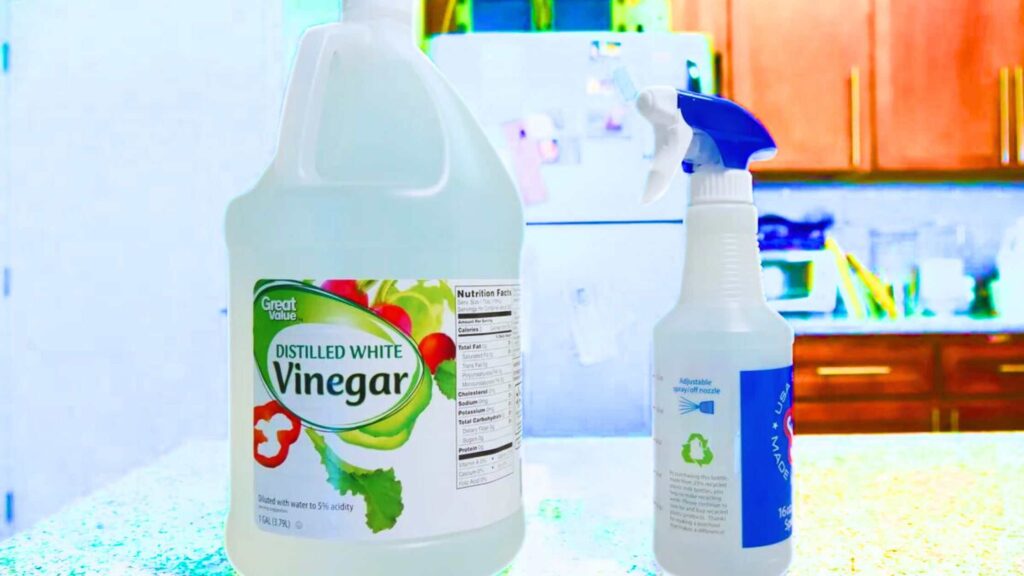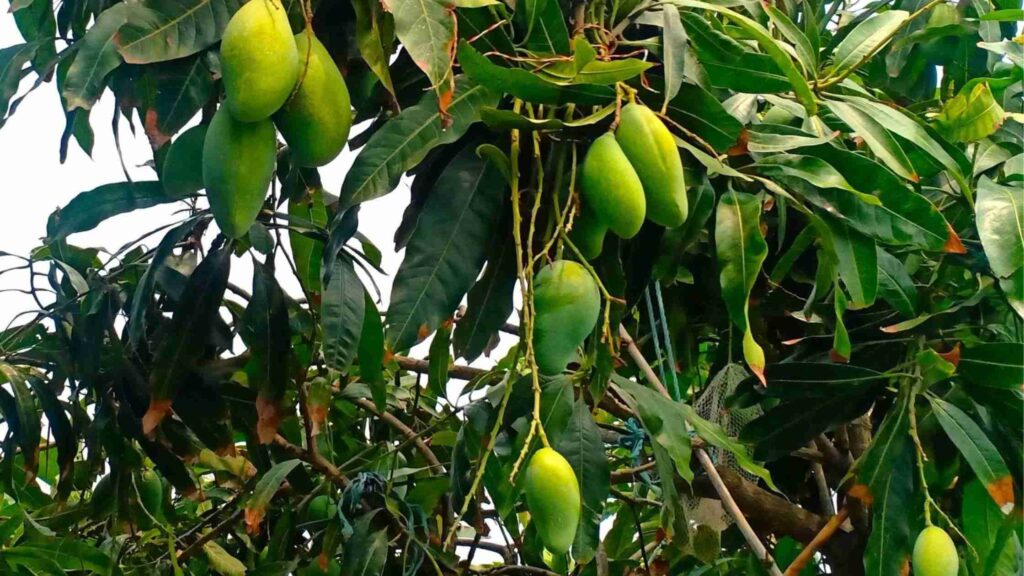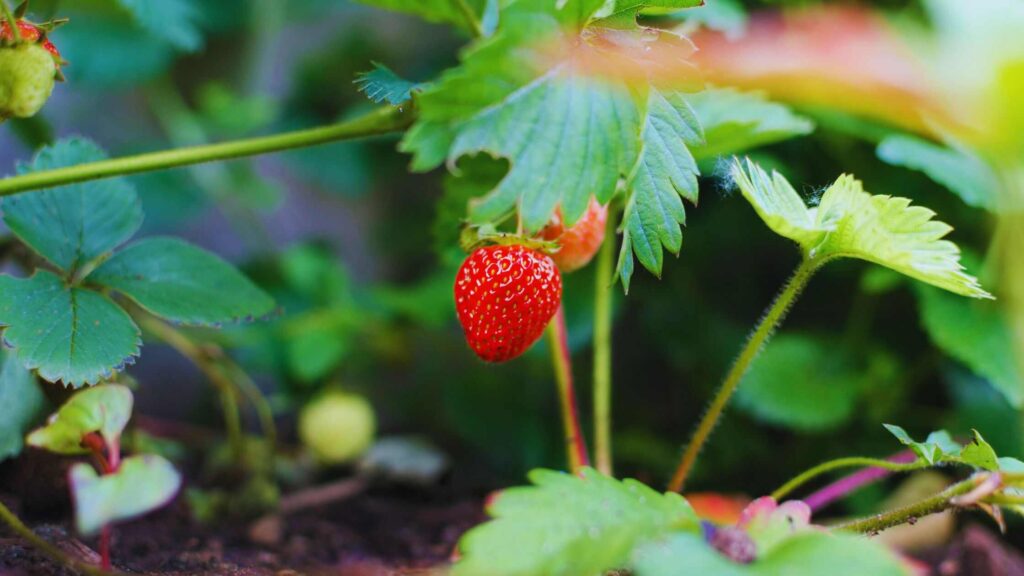Discover the best uses of vinegar in your roof garden, from natural pest control to weed management and soil care for healthy plants. Vinegar is chemically called acetic acid. The product is readily available globally and is reasonably priced. It is used in kitchens generally in a concentration of about 5%. By saying vinegar, refer to the 5% white vinegar for the distilled white vinegar. Can vinegar be used as a fertilizer for plants?
The answer is both yes and no. Let’s explain:
For the answer No, it is not directly used, because it is chemically made of Carbon, Hydrogen, and Oxygen (CH3COOH). These are also easily absorbed by the plants from the atmosphere.
If the answer is yes, it can be used indirectly by using a simple trick to help your plant grow and treat acute deficiencies. In this post, we’ll talk about and illustrate this.
The essential uses of Vinegar in Roof Garden Plants
Soil pH amendment:
Acid-loving plants PH of 6 or below is required for acidic soil for hydrangeas, gardenias, roses, hibiscus, and many other plants. Check your soil’s pH quickly. This cheap and easy-to-use pH testing tool is a great way to find out the pH of your soil. You should adjust the PH of your soil since your soil tests come back neutral or alkaline. To lower the pH of the soil, do the following: combine one liter of water with one tablespoon of white vinegar, and water your acid-loving plants once every fifteen days.
Pesticide or Insecticide Spray:
Vinegar is an effective solution for eliminating unwanted garden insects and pests. To make this vinegar spray, add 1 cup of white vinegar to 1 liter of water and load it in a spray bottle. Then mix the content thoroughly before spraying on the plants. This is a reasonable remedy to control pests like white flies and mealy bugs, especially for those who do not have neem oil.
Treatment of Powdery Mildew Fungus:
To make this spray, add 1 cup of white vinegar to 1 liter of water. To treat the fungus, give it a good shake and mist the leaves that are impacted.
Animal and Rodent Repeller:
The pungent smell of vinegar can drive away some animals like cats, dogs, squirrels, rodents, and many other animals. How to use vinegar for this purpose? The simplest method is to soak a cloth in vinegar and place it in these potential spots or entrances of these animals into your garden. However, the drawback of this is that the strong smell goes away in a few hours, so you might need to do this every day to keep the animals away.
Another method is to use Food grade Diatomaceous Earth powder, DE powder in short. Mix some peppermint or lemon oil along with some vinegar in DE Powder and keep it in small containers or caps in your garden. After all this DE powder can retain this odour for a longer time.
To Control Slugs and Snails:
Both Slugs and Snails eat away a lot of your garden. To kill them spray the vinegar directly on the snails and wait. The vinegar will dissolve the snails. Controlling these animals is necessary if you want to preserve the food that your labor has produced, even though it may appear a little harsh.
Ant Control:
You can use vinegar to scare off ants from your garden. Just pour the undiluted solution around the hills or the potted plant not into the soil or the roots.
Weed Killer:
Just spray undiluted white vinegar on the unwanted weeds or unwanted grass in your garden. This works very well in cracks or crevices. But you have to be very careful when applying close to your favorite plants.
Drive Away Fruit Flies from Your Plants:
To repel fruit flies from your plants, prepare vinegar bait by combining one cup of water, one-quarter cup of vinegar, one-quarter cup of sugar, and one tablespoon of honey. Combine all ingredients, transfer to a tin can or empty container, and then hang the mixture from the impacted fruit tree. You’ll see that it draws in and catches fruit flies. You can use this approach to keep houseflies out of your garden or house.
Cleaning your Garden Stuff:
Garden tools that are rusty and unclean can be cleaned with it. After dipping or pouring the instrument into vinegar for roughly 20 minutes, rinse it. Additionally, you may sanitize your containers and pots. Just submerge the pots in a 1:2 or 1:3 vinegar solution in water, and then clean them after 20 to 30 minutes.
Provide Free or Soluble Calcium to Plants:
Particularly in acute deficiency of calcium which causes blossom end root disease in tomato and pepper plants. Adding eggshells, lime, gypsum, or calcium tablets to treat acute deficiency of calcium will not help. It is necessary to supply the roots with readily absorbed free soluble calcium. To make this, you can make a source of calcium like lime or even powdered eggshell and add white vinegar to this shake well for an hour, and then add more water to this. Water this solution to your plants. And give them an instant source of free calcium for absorption.



